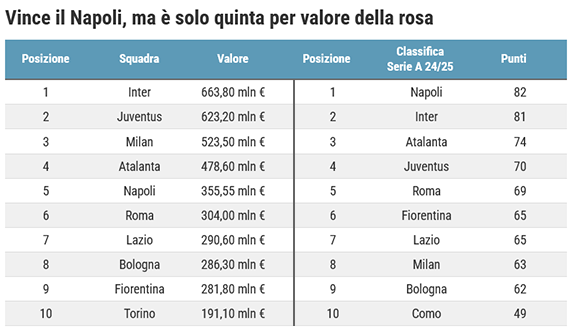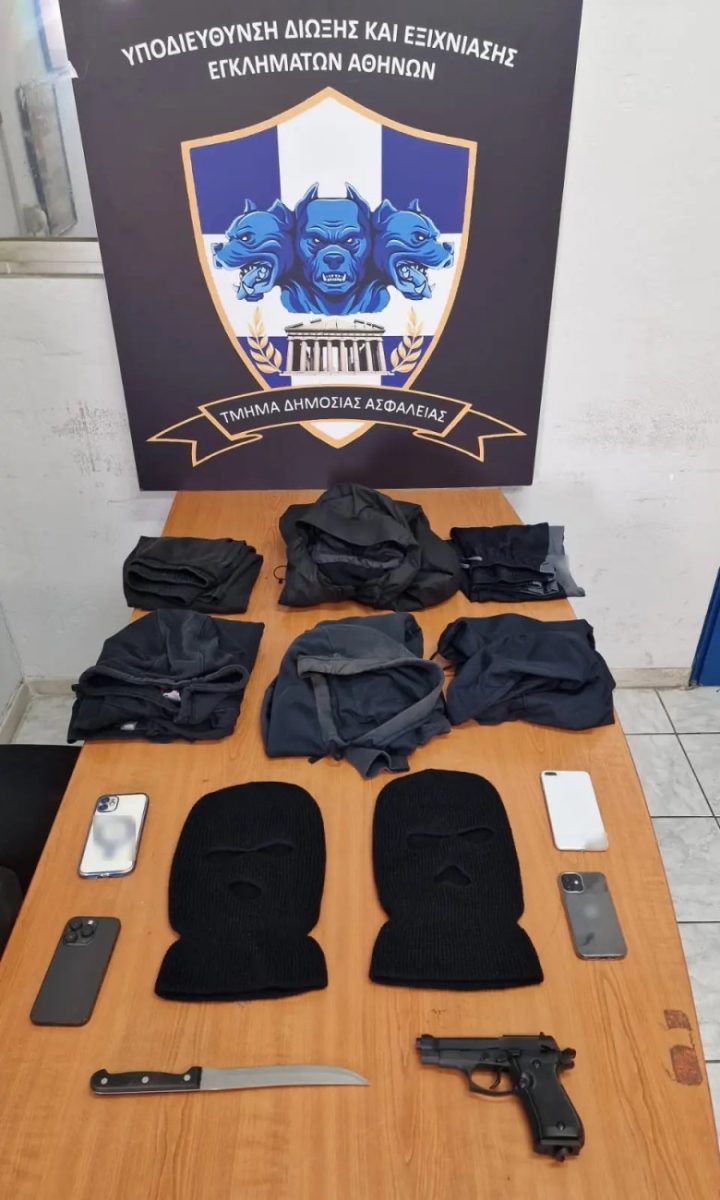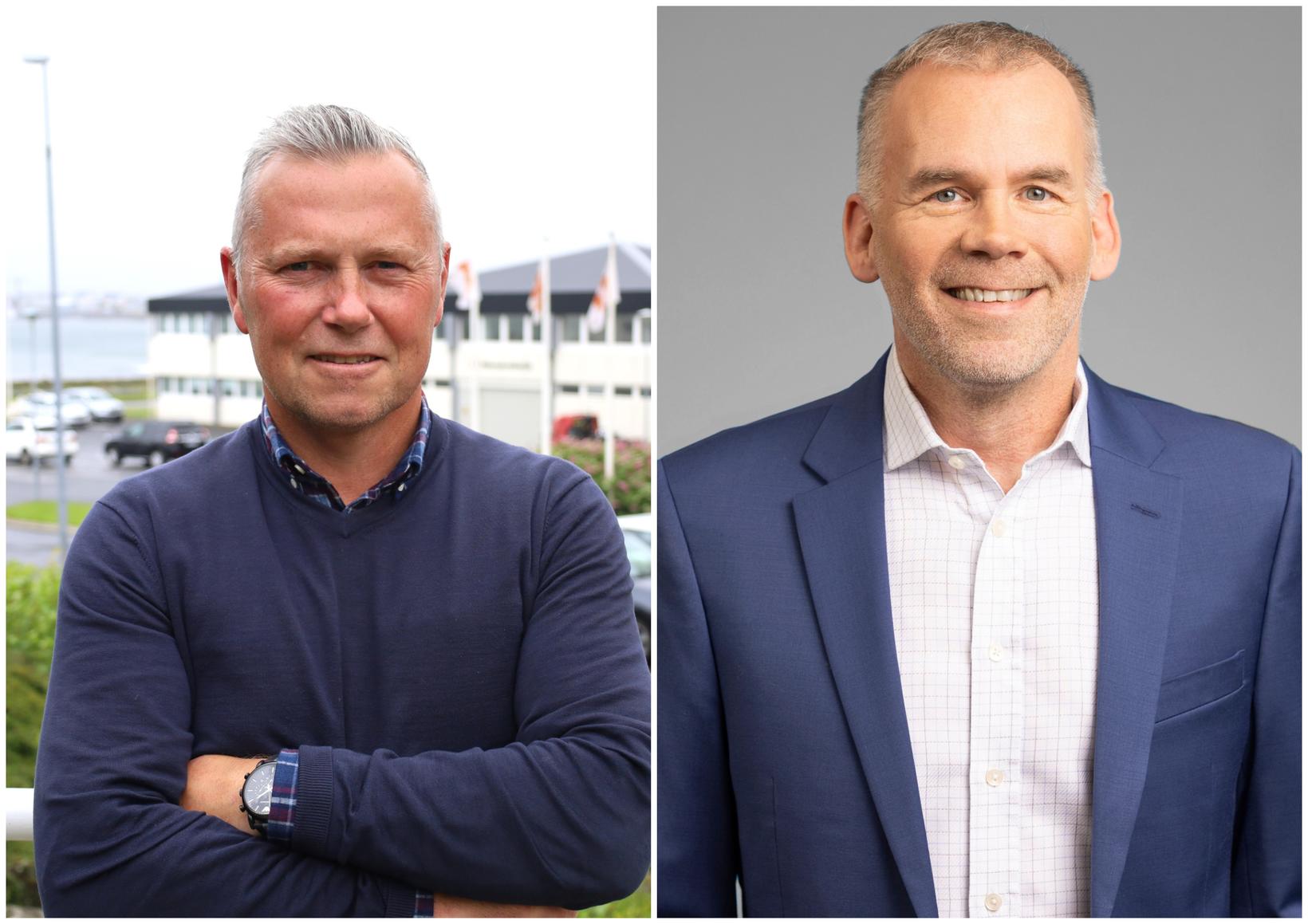SIP 2025, the 80th Congress on Pediatrics begins in Naples. « The future is built since the early years and cannot depend on where it is born »

The 80th congress of the Italian Pediatric Society begins today in Naples. President Rino Agostiniani makes a point on the challenges between prevention and innovation in care
«The future is built in the first years of life, but not all children have the same conditions to build it. We cannot accept that in Italy the postal code weighs more than the genetic one. The health of children cannot depend on the place where you are born ». With this appeal by the President of the Pediatricians, Rino Agostinianiopens today in Naples80th Congress of the Italian Society of Pediatrics Where the main challenges that concern childhood and that concern, not only the physical health of children and young people, but also the mental and social health will be addressed. « We start from an increasingly complex context in which the demographic trap that our country is experiencing, with less and less children and more and more elderly, will have large repercussions on the welfare system and beyond, we are already seeing the effects in many areas of society – comments Augustinians -. It is time to face the question and change the course otherwise, if we continue like this, the last Italian could be born in 2225. But, above all, that what future can have a society without children and that does not invest in childhood? «
Prevention is built in early childhood
The « first thousand days»,, which include pregnancy and the first two years of lifeorient – for better or for worse – the health trajectories of an individual. « What happens in the so -called » first thousand days « , what we do, we will carry it behind for the rest of our life also with respect to the possible onset of important pathologies that can reduce not only the duration of life, but the duration of life in health – continues Augustinians -. It is important to know that An important slice of non -transmissible chronic diseases which arise in adults depend on our behaviors in the pediatric age, or on the lifestyle adopted, on the health education received. In this very short period of time, the intestinal microbiota, the brain networks, the epigenetic mechanisms are structured. It is there that poverty, pollution, nutrition and incorrect lifestyles leave their mark ».
In this regard, another challenge opens: to ensure that the possibilities of adopting healthy lifestyles and making use of adequate health services applies to everyone, from north to south. « Those thousand days are not the same for everyone – comments the president of the pediatricians – a child born in a region with less neonatal screening already has a more fragile destiny. And it is unacceptable that today, in Italy, the birth region can determine access to the early diagnosis of a genetic disease or prophylaxis for the respiratory virus « .
Nutrition: Deep differences between north and south
In Italy Over 1.3 million children live in absolute povertywith tips of over 30% among the children of immigrants with important repercussions on lifestyles, in particular on nutrition, with children struggling to follow a complete and balanced diet and, still others, who have one bad food education and a sedentary lifestyle. The effects are also dramatically seen on overweight and obesity which affects Italy 30% of younger generationswith deep differences at regional level.
In Campania, 44% of children are in weight excess. In Trentino, the percentage is less than half. In the southern and insular regions, infantile obesity rates often exceed 14%, while in the northern ones they rarely exceed 10%. « We have children jumping breakfast, who do not eat fruit or vegetables, who live in neighborhoods without spaces to play, who do not attend the nursery, where at least a complete meal could be guaranteed, » the president points out.
The challenge of mental health
According to data from the World Health Organization (WHO), 1 teen out of 7 suffers from a psychic disorderwith debut before the age of 14 and suicide is the fourth cause of death between 15 and 19 years old. In Italy 1 minor out of 5 is suffering from a behavioral disorderabout 2 million children and young people, but often do not find adequate assistance for lack of childhood neuropsychiatrists, territorial and health services – especially in the south and in the internal areas – which guarantee personalized care paths that are really suitable for different ages and which also understand the delicate phase of transition to adulthood. «We are in front of a new fragility, which is also the result of a parental fragility. A generation wounded by isolation, anxiety, digital dependence. The role of pediatricians is now more strategic to intercept fragility and accompany families in a time of great transformations », adds Augustinians.
The challenge of artificial intelligence
Among the central issues of the congress there will also be the increasingly relevant role ofArtificial intelligence in pediatrics. It is no longer a distant horizon: the IA has already entered clinical practice and is changing the way of diagnosing, cure, following patients. «It is evolving exponentially with positive effects on the level of diagnosis and care, but with also new and delicate issues to be addressed at an ethical and relational level. We have in front of us complex challenges – concludes Agostiniani – but also new knowledge and tools. The challenge is to bring them wherever they serve, to all children, without leaving anyone behind, « continues Augustinians.
Closeness to the children of Gaza
«We express our profound solidarity to all the children victims of the war: to those of Gaza, but also to the Ukrainian ones, many of whom deported, and to more than 400 million children who today live in areas of conflict. We could not fail to dedicate this congress to them, to all the little ones who suffer and to whom fundamental rights are denied, starting from the right to health and life ». With these words, followed by a minute of silence, the president of the Italian Society of Pediatrics (SIP), Rino Agostiniani, opened the congress.
Childhood, the SIP recalls, must always be considered sheltered by violence and deprivation. «Like pediatricians – concludes Augustinians – we have a duty not only to cure, but also to raise the voice when the rights of children are violated. Staying silent in the face of what is happening would mean denying our mission. We ask all national and international institutions to make every effort to protect children and guarantee them a dignified present and a possible future ».









